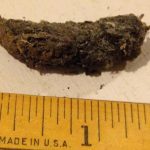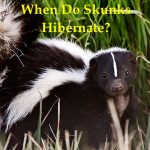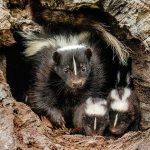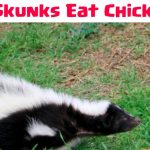Skunk
What Does Skunk Poop Look Like? Images & Identifications
Yuck…! Perhaps that is precisely what you would think of first on finding that title. But, believe us – understanding closely observing the skunk poop can help you find a lot of information. Whether you are looking for the skunk removal from your backyard or checking out your own pet skunks, having a clear understanding of the skunk poop can help you in a lot many ways.
Contents
What Does a Skunk Poop Look Like?
A skunk poop will possibly look like a small tube with bent ends at both sides. The skunk droppings would be around two inches in length and half an inch in diameter. The skunk poop is likely to resemble the cat or raccoon poop in many cases. However, since they are omnivorous, there can be a wider variation in their droppings.
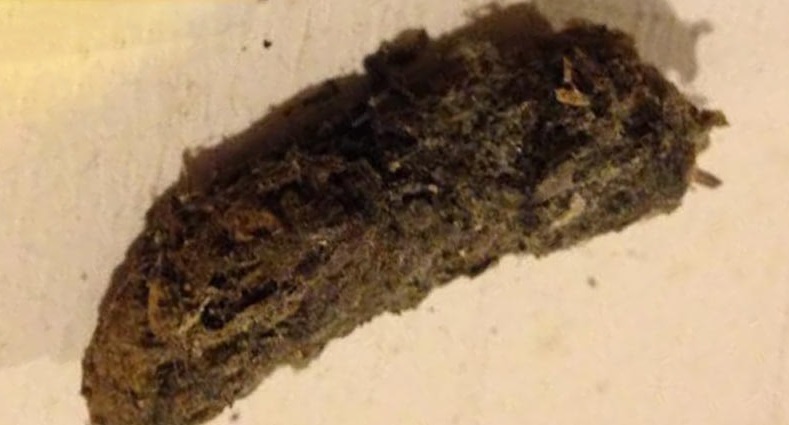
Skunk is omnivorous, and that would make its feces look different in different cases. It would ideally be dependent on what they have eaten. They look mushy and brown and resemble the cat and raccoon feces most of the time. While the cat feces is formed well, a skunk feces may not be formed that well. It can be around 1 to 2 inches in length and a half-inch wider.
There are several species of skunks, and thus the appearance and size of the skunk poop can be different. Under ideal circumstances, the length of the skunk poop will be between 40 to 95 cm. Since the skunks eat a wide range of food that includes eggs, moles, birds, frogs, snakes, earthworms, salamanders, rodents, lizards, grubs and insects along with plant sources, the color and look may differ based on what it has eaten.
Skunk Poop Identification
You can identify the location of the skunks based on their poop activity. It may not be easy as the skunks’ poop resembles a raccoon poop in most of the cases. The skunk poop can be identified due to their close proximity in looks to the cat droppings. If you find the catlike droppings in your lawn, or garden, it can be a skunk poop in all probability.
The skunk poop identification can be quite tricky and something you will not be comfortable with. The skunk poop will be almost similar to the raccoon feces and look like a small tube with blunt ends. The significant difference between a raccoon poop and a skunk poop is that the raccoon feces is slightly longer and a bit darker in color.
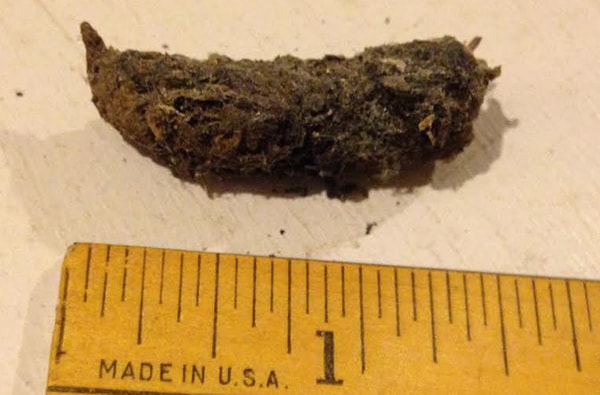
Some indicators to Skunk poop identification can include:
- Dark brown droppings with a lot of insect parts such as wings.
- Skunk feces contains a vast amount of seeds, fur, berries, grass and feathers.
- The skunk poop is tubular in shape and disintegrates when you prod it.
- They would be around half an inch in diameter and one to two inches in length.
Skunk Poop vs Raccoon Poop
The skunk and raccoon poops look almost similar. The only differentiation would be to find the differentiation in the “contents” of the poop. Skunk poop consists of undigested insects, berries, grass, fur, or feathers. The raccoon poop will be slightly thicker in size and a bit longer than the skunk poop. It will also be darker in color.
How to differentiate skunk poop from a raccoon poop? The looks may deceive you. The significant factors that can help you find the difference between a skunk dropping and a raccoon dropping would be through the contents of the poop. If you find on closer observation (yuck!), a lot of undigested insect parts, grass, and other elements, it is a skunk poop. You will notice skunk poop in gardens and lawns and near their dens.
Do Skunks Bury Their Poop?
Skunks do not bury their poop. Quite unlike raccoons which poop and urinate at the same designated location, skunks poop anywhere they would like to. The most likely location of skunk poop will be near their burrows. However, they do not bury their droppings.
In contrast, Raccoons are very cleaner animals. They tend to defecate and urinate in a particular location every time they have to. In a way, they develop a latrine or urinals system just like we humans do. In fact, the place that raccoons often visit for pooping is appropriately called Latrine spot. They make sure that the latrine spot is away from where they eat and sleep. You will not find this behaviour in skunks which do not mind pooping near their burrows and dens.
Are Skunk Poops Hazardous?
As with any other animal dropping, it can be hazardous to touch or come in contact with skunk poop. They may carry several parasites in their body, and these parasites can get released through the poop. They can get transmitted to you and cause several diseases.
Skunks can carry a wide range of parasites in their body, and a few of them can include:
- Ringworms
- Listeriosis
- Leptospirosis
- Equine protozoal
- Q-fever
- Tularemia
- Feline panleukopenia virus
- Trypanosoma
- Tapeworms
- Canine distemper
- Hepatitis
- Myeloencephalitis
From that perspective, it may be advisable to exercise caution when handling the skunk poop. Wearing glows, and proper face covers should be one of the prime prerequisites. It would be advisable to cover the cuts and wounds if any on your hands or legs and prevent them from coming in contact with the skunk poop.
Concluding Thoughts on Skunk Poop Identification
Unless you have a skunk as a pet, a skunk poop is something you would want to avoid. In fact, the unwelcome skunks in your backyard can turn your garden or lawn into a huge toilet. In addition to making the backyard look yuck, it can also be an invitation to the diseases and other health ailments.
If you locate any sort of skunk poop in your backyard, it may be high time you should opt for a proper skunk removal service right away. However, if you have a skunk as a pet, having an appropriate understanding of the skunk poop can help you investigate any health issues it may be facing.

-
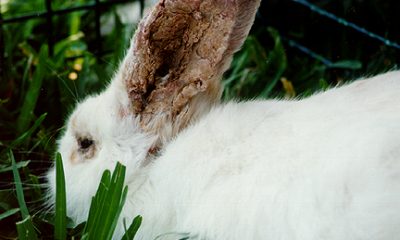
 Bunny4 years ago
Bunny4 years agoHow to Get Rid of Mites on Rabbits? #NaturalRemedies #Video
-
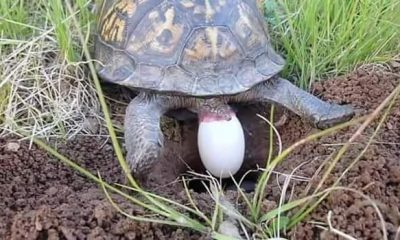
 Turtles4 years ago
Turtles4 years agoHow To Take Care of Turtle Egg At Home?
-
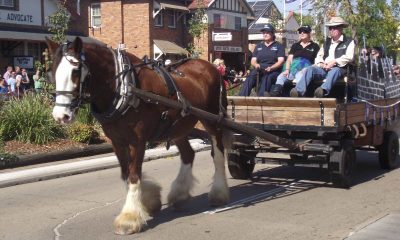
 Horse4 years ago
Horse4 years agoHow Much Weight Can a Horse Carry? #Clydesdale #Friesian #Mustang #Draft
-

 Turtles4 years ago
Turtles4 years agoHow to Take Care of Snapping Turtle Eggs? #Incubating #Hatching
-
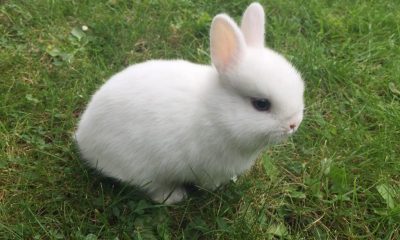
 Bunny4 years ago
Bunny4 years agoHow Big Do Dwarf Bunnies Get? – Amazing Facts #Images
-
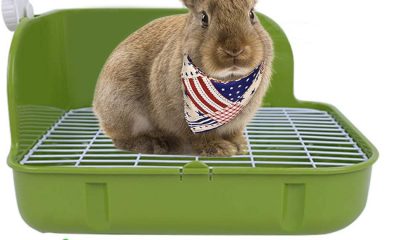
 Bunny4 years ago
Bunny4 years agoHow to Potty Train a Rabbit in House? Tips on Litter Training
-
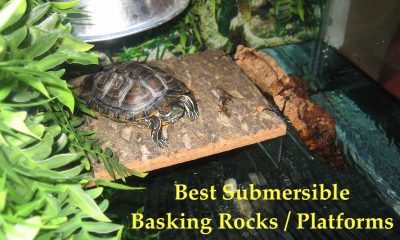
 Turtles4 years ago
Turtles4 years ago8 Basking Rocks/ Platforms for Turtles – A Perfect Guide
-
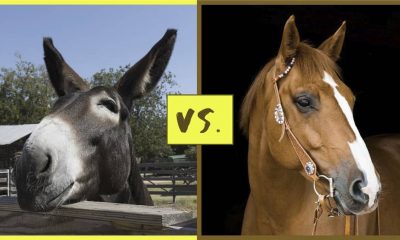
 Horse4 years ago
Horse4 years agoDifference Between Riding a Mule and a Horse


